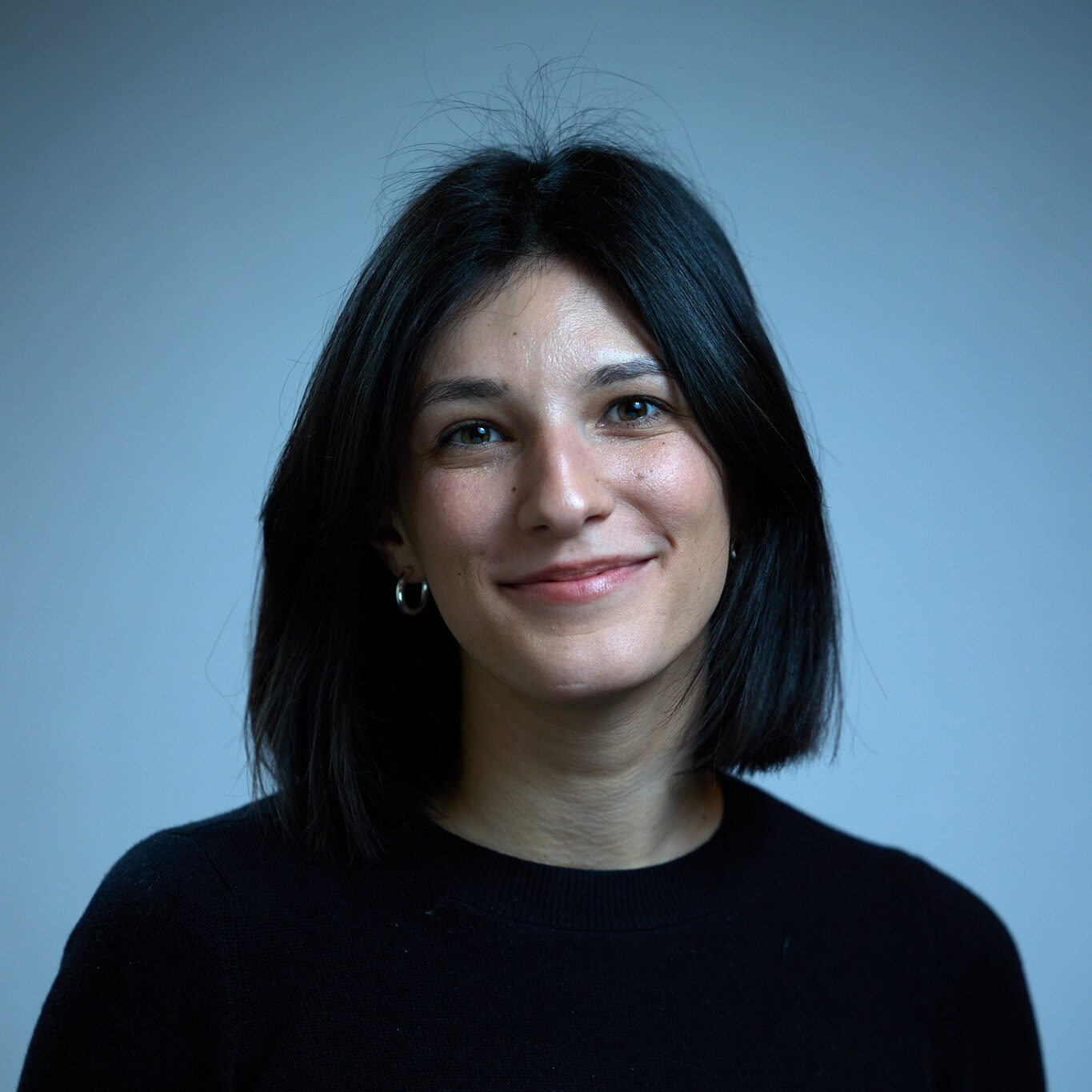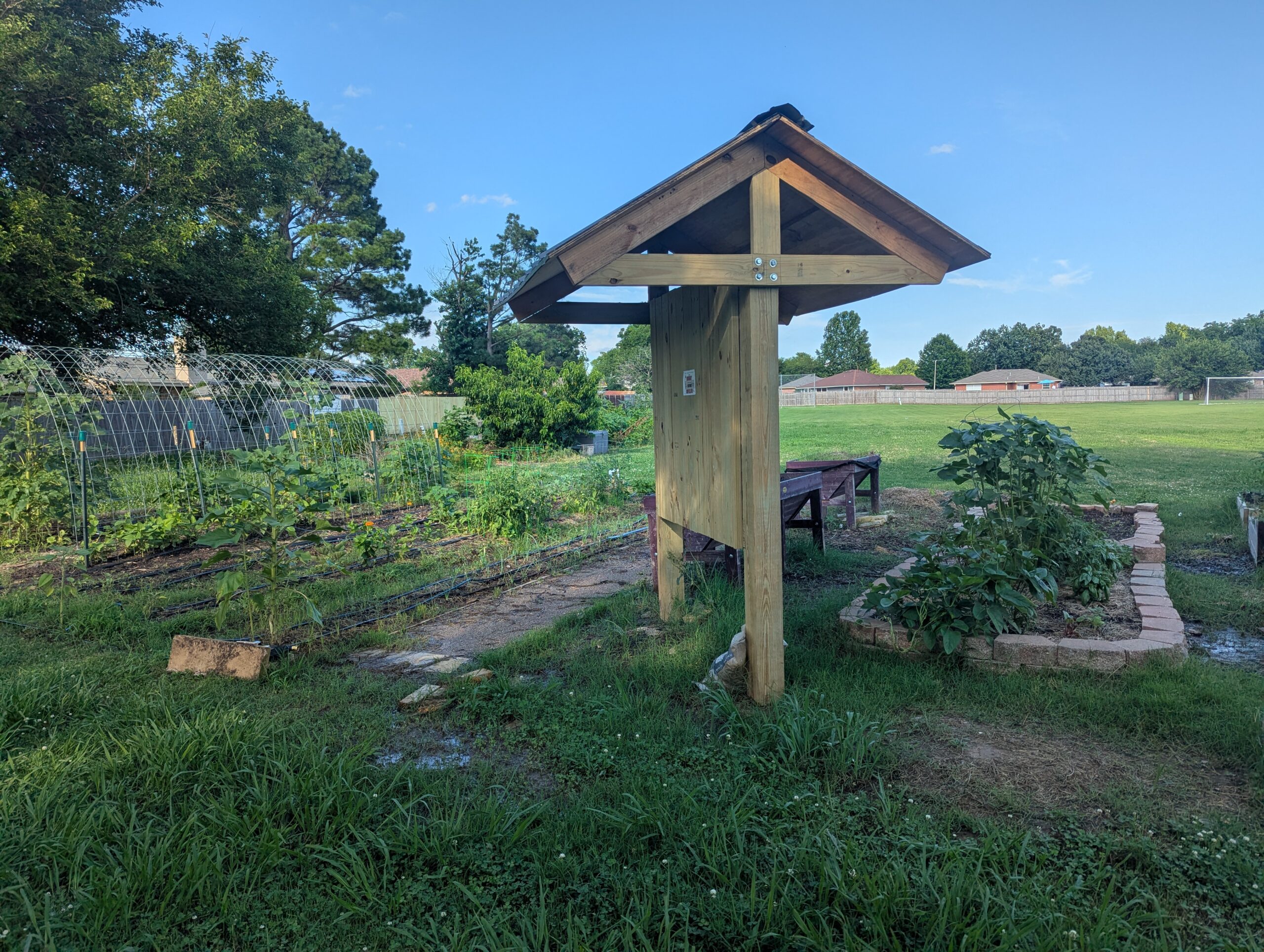The AHA is pleased to announce this year’s summer columnists. Follow along as these graduate students write about the raid of a religious group, trauma informed pedagogy, and Indigenous public history.
PAUL ANTHONY, “THE 2008 FLDS RAID: CHALLENGES FOR HISTORIANS”
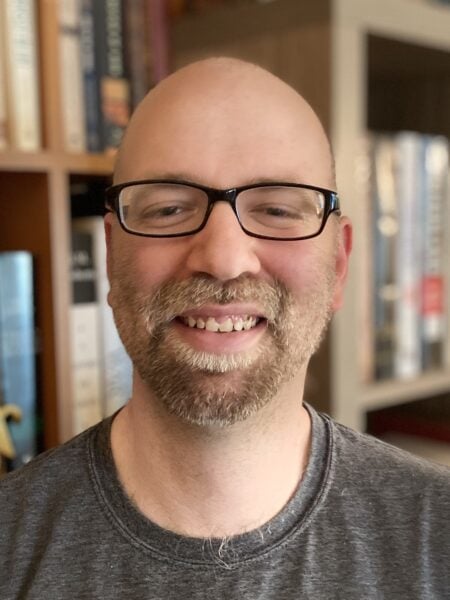
Paul Anthony
On April 4, 2008, the state of Texas—acting on a phone call later determined to be a hoax—raided the Yearning for Zion Ranch, the self-described refuge of the polygamous Fundamentalist Church of Jesus Christ of Latter Day Saints (FLDS). The state’s child protection agency ultimately removed more than 430 children from their parents, alleging a consistent “pattern and practice” of sexual abuse taught by the group’s imprisoned leader, Warren Jeffs. The state’s courts disagreed, requiring the return of the children to their parents, even as a dozen men were ultimately convicted of arranging or participating in marriages of underage girls to much older men.
The raid posed challenges not just for Child Protective Services caseworkers seeking to determine whether and to what extent abuse was occurring, or for FLDS members fighting to regain custody of their children from what they considered to be unconstitutional state overreach—but also for journalists seeking to navigate between competing views of the group.
As the local newspaper’s lead reporter during the FLDS raid, and now as a historian making it the focus of my dissertation, my columns will explore the unique challenges this raid presents. First, I am researching and writing about an event in which I played a significant role; in the early days of the raid, I obtained documents and published interviews that shaped the breadth and tone of media coverage as the story grew into an international sensation. In my first column, I will discuss the benefits and drawbacks of being a participant in the events I am researching, including the challenges of properly situating, assessing, and critiquing my own public work.
In my second column, I will discuss the challenges historians face when researching marginalized religious groups given the vitriol often directed against them in the public record. The 2008 FLDS raid occurred as the media landscape was shifting from a model reliant on newspapers and television to the internet-based 24-hour news cycle, with blogs and social media playing increasingly prominent roles in providing immediate feedback and commentary on rapidly developing events. As a result, the raid provides an unusually rich trove of real-time public reaction and feedback. Earlier raids of the group in Utah and Arizona, however, occurred in a much different media environment, and the assumptions governing such coverage owed a large debt to the White Protestant norms upheld by reporters, investigators, law enforcement, and politicians. Historians must account for the assumptions of these actors and treat their allegations with a requisite amount of skepticism without also minimizing the potential harms to which they were responding.
Paul A. Anthony is a PhD candidate at Florida State University, where he studies fundamentalist religions and their historical interactions with American culture. His dissertation focuses on the Texas child-custody raid of the Fundamentalist Church of Jesus Christ of Latter Day Saints, which he covered as a reporter for the San Angelo Standard-Times in 2008–09. Paul lives in San Antonio, Texas, where he is an adjunct instructor of history at Northeast Lakeview College.
ERICA LALLY, “MOVING TOWARDS TRAUMA-INFORMED HISTORY AND PEDAGOGY”
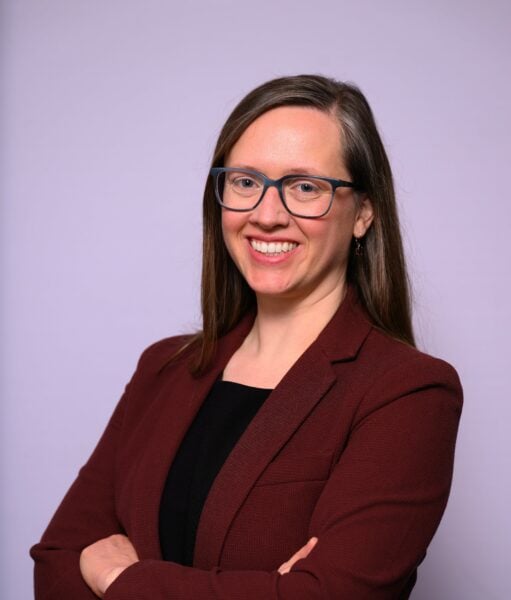
Erica Lally
When I began my doctoral program, I underestimated the emotional toll of absorbing others’ stories, empathizing with victims of abuse, and translating their experiences for readers. Unlike therapists or other mental health professionals, who are trained to differentiate themselves from their clients’ trauma, historians seek to more closely identify with those in the past. This empathy produces good history, but it can come at a price. Three years into my program, the cumulative weight of this work had finally caught up. Violent scenes from my studies would flash through my mind—I slept terribly; I cried regularly. This period of crisis forced me to acknowledge and process the secondary trauma I had been accumulating.
Research suggests that my experience was not unique. According to a 2017 study, at least a third of surveyed graduate students across disciplines exhibited signs of anxiety or depression. Previous Perspectives articles have examined how history graduate programs might improve overall culture around mental health, but they have not considered how the subject-matter that historians frequently confront can negatively affect their overall well-being. This is particularly true for students from underrepresented backgrounds, who may recognize echoes of their own experiences in the traumas of the past.
My first column will focus on the graduate classroom and introduce the basic elements of trauma-informed pedagogy. In addition to providing an overview of current literature, I will interview two colleagues—a trained counselor who employs a trauma-informed approach in her course on Relationship Violence and Sexual Assault, and another who teaches a historical methodology course—to consider how to apply these principles in a history graduate classroom. The goal of this column is to consider how we might reimagine graduate-level historical methodology courses so that early career scholars have the skills and the resilience needed to thrive, even as they wrestle with hard history.
The second article will focus on the practical aspects of applying trauma-informed pedagogy in an undergraduate history classroom. Next spring, I will be teaching a course on the history of citizenship for the second time. Based on what I have learned about trauma-informed pedagogy, I have adjusted some of my assignments and overall approaches to the material. This column will reflect on how the course has changed and provide practical, student-focused examples of trauma-informed pedagogy.
Good history does not shy away from hard questions or events. Instead, to quote Ida B. Wells, it “shines the light of truth” upon the wrongs that have occurred. Rather than being crushed by the weight of history, a trauma-informed approach to research and teaching allows us to cultivate resilient historians and students, whose knowledge empowers rather than harms them.
Erica Lally is a PhD Candidate at Georgetown University, where her research focuses on citizenship, surveillance, and state development in the early 20th-century United States. She is a 2023–24 Charlotte W. Newcombe Doctoral Dissertation Fellow, which is awarded to advanced dissertators whose work engages with issues of religious or ethical significance.
ISABEL NAQUIN, “SITES OF SELF”
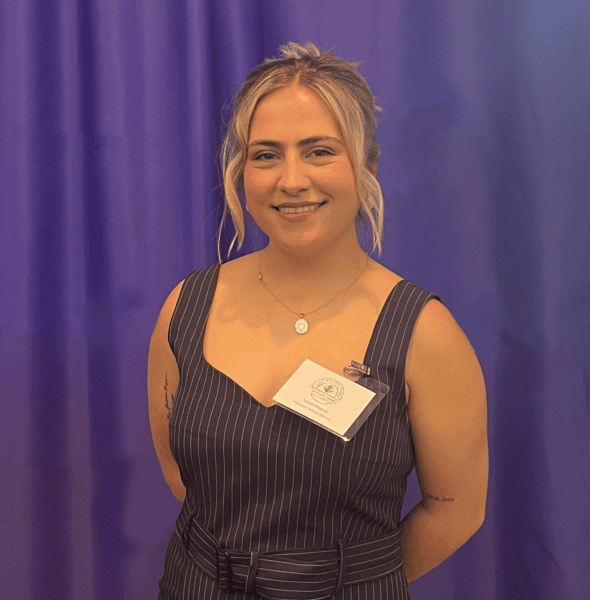
Isabel Naquin
Along the Great River Road, in the river parishes spanning between Baton Rouge and New Orleans, is a long string of plantation estates tracing back to Louisiana’s antebellum past. These relics of chattel slavery were built upon the land of Native nations, denying the existence of Indigenous peoples, and burying their place in the often misunderstood history of Indigenous enslavement. It was not until I visited one of these sites—Houmas House Plantation—for a graduate public history course that I learned of my Houma ancestry’s connection to this plantation and my hometown of Gonzales. In the plantation museum, I came face to face with my ancestors’ treatment and was left to confront the silences that museums can create. There, I began to understand just how much public history and public memory had shaped my sense of self and my understanding of place.
In my first column, I will address the representation of Native Americans in museum spaces and public history at large. This essay will contribute to ongoing conversations concerning Indigenous erasure and exclusion from historical sites and reflect on efforts to decolonize museums. I will relate these matters to my research as a master’s student under the Midlo Center for New Orleans Studies, where I have contributed to the development of an exhibit on resistance.
In my second column, I will connect my trip to the Houma’s House Plantation to my current thesis project exploring the relationship between Indigenous slavery and the shared healing traditions among Cajuns, Creoles, and Indigenous peoples in South Louisiana. This research has given me space to uncover my family history and begin forming connections with members of the Houma Nation as I fight to restore my family’s connection to our tribe. I will discuss the ways my studies have played a part in healing the scars colonialism left on my family.
These two columns provide an opportunity for me to express the continued importance of these spaces as a place for Native peoples, scholars, and historians to come together and encourage new ways of thinking about historical study, community engagement, and public history. As a student entering the historical discipline, I will use my story to comment on the way historical inquiry and visibility—in all spaces, from museums to conferences to publications—can be healing.
Isabel Naquin is a master’s student at the University of New Orleans. Born and raised in Louisiana, her academic work has focused on the intersection of Indigenous slavery and diplomacy in the American Gulf South. Isabel is a contributing member of the Midlo Center’s script committee for the exhibit Spaces of Freedom / Stories of Resistance at Whitney Plantation. Currently, she is the communications and development specialist at the Promise of Justice Initiative.
The Perspectives Daily summer column program is designed to highlight the voices of graduate students and to emphasize the importance of communicating the work of historians, broadly defined, to a variety of audiences and in a variety of media. See the original contest announcement for more information.
This work is licensed under a Creative Commons Attribution-NonCommercial-NoDerivatives 4.0 International License. Attribution must provide author name, article title, Perspectives on History, date of publication, and a link to this page. This license applies only to the article, not to text or images used here by permission.
